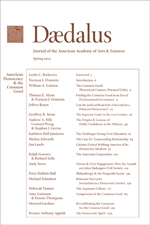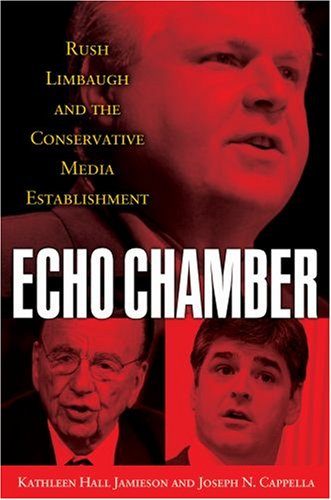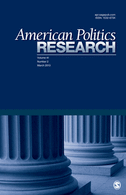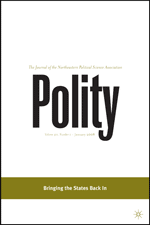Two FlackCheck.org videos about an imagined 1864 campaign against Abraham Lincoln using today’s technology and methods are the recipients of 2013 Bronze Telly awards: Steamboat Veterans for Truth and Battle Hymn. The Telly Awards honor excellence in film and video productions, online video content, and local, regional, & cable TV commercials and programs. The







